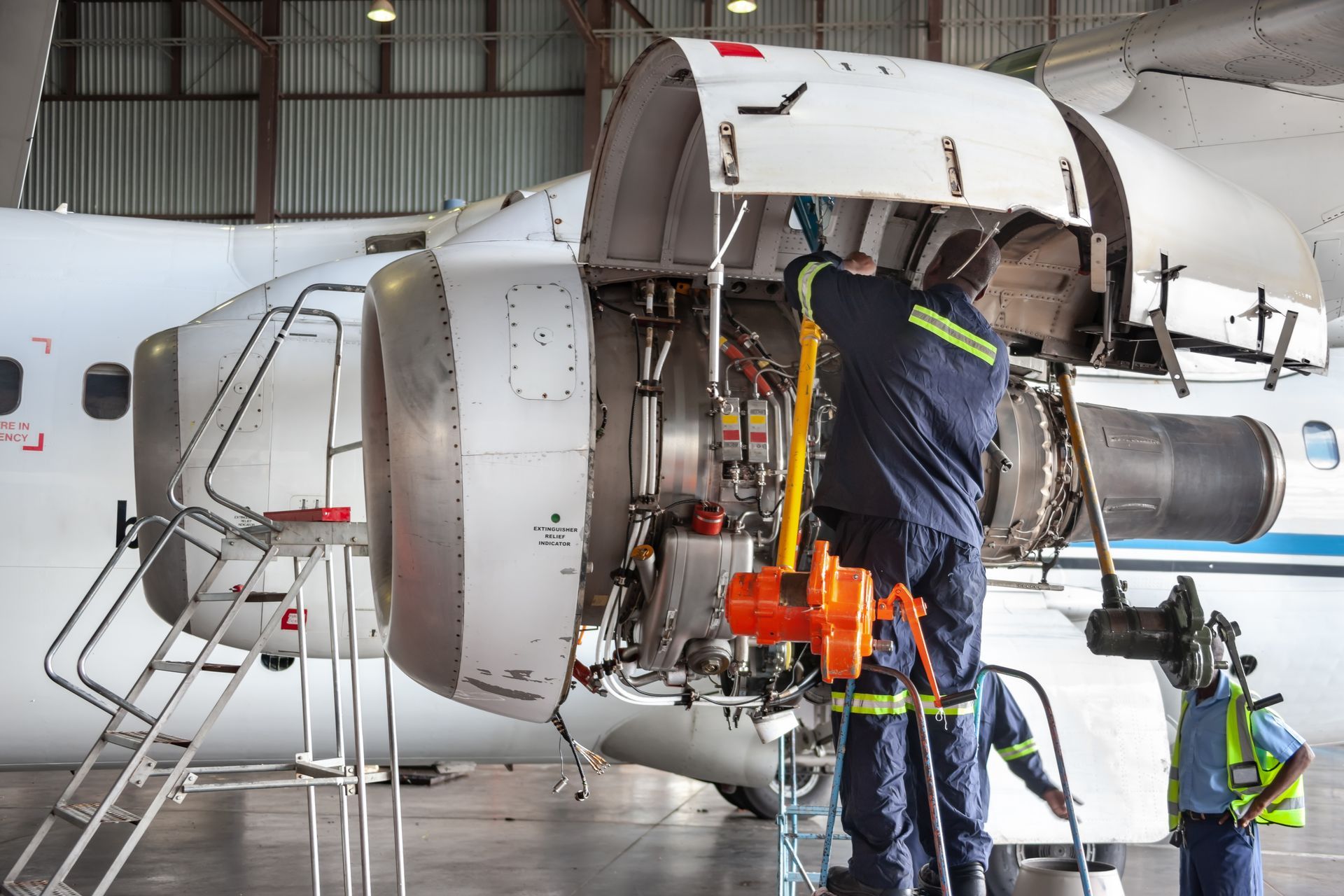Stagnant Salaries are Putting Pressure on Aerospace and Defence Recruitment
Will spending power define the recruitment cycle?
As the Cost of Living Crisis continues to endure across the UK, stagnation in rates and salaries continue to impact professionals seeking new roles who are lacking incentivisation to leave their current workplace.
Although we are beginning to see a minor increase in Total Pay Earnings in the UK, culminating in a 1.9% annual gain, we continue to suffer the consequences of a 10%+ price increase in consumer goods and services, the fastest rate in four decades, as well as record highs in rental price growth (6.2%) paired with a further 46% of people concerned as to whether they can continue to afford their energy bills.
As recent as the end of 2023, average earnings within the country (when adjusted for inflation) meant that UK employees were £230 per week worse off than those employed during the global financial crash in 2008.
With a continued lack of spending power from consumers and businesses within the UK market, and an increase to employment costs, employers have lost the ability to offer proportionate (and often expectant) increases to existing rates and salaries to both internal and prospective staff.
At Meritus, we specialise in technical recruitment solutions across the aerospace, defence and space industries. Our Managing Director Jake Appleton reviewed data in ten key verticals across the largest operators within Aerospace, Defence & Space including vacancies in Technology, Manufacturing, Operations and Project Services. His findings revealed a rates and salary increase of just 0.3% since May 2024, and a meager 0.7% mean increase since September 2023.
Not only is this below the UK average Total Pay Earnings, but it also directly conflicts with the increased vacancy count within the industry and the buoyancy of trade conducted by those with British operations.

Cost of living concerns are stopping skilled professionals from switching roles.
Just 17% of UK contractors cite job security as one of their top three pressures, the lowest since such surveys have been conducted, whereas over 40% now consider the Cost of Living Crisis as their priority concern. In a wider survey of over 2,300 contractors across various sectors, 87% of contractors rank pay as their ultimate, primary focus. This indicates to that contractors aren’t concerned by the availability of opportunities, nor by their longevity, but that rates simply aren’t attractive enough for them to engage or consider a move.
Meritus predicts business’ spending power on professional staffing solutions this summer to be a defining factor, and that prospective salary or rate growth increases of 5% or less to be ineffectual in the decision-making process of many UK jobseekers.
Looking for recruitment support in a challenging hiring market?
Meritus delivers expert-led technical recruitment solutions tailored to the aerospace, defence and space industries. Whether you're scaling up project teams or seeking niche talent, our team is ready to provide professional staffing solutions that align with your hiring goals.












